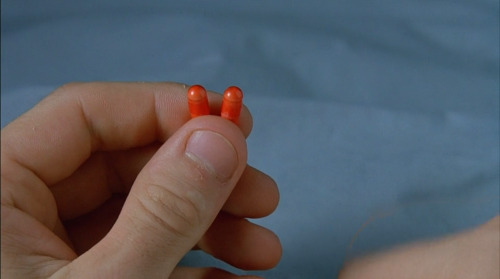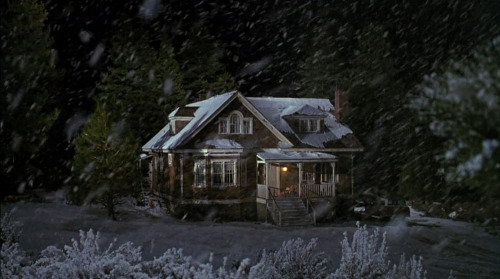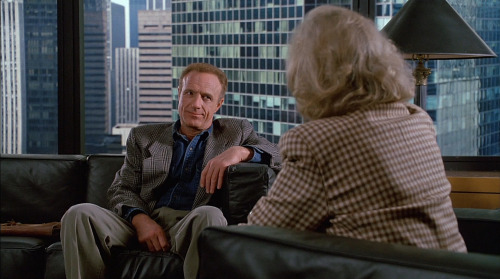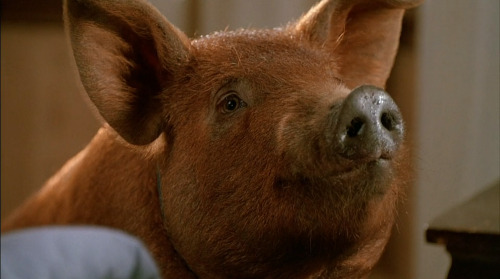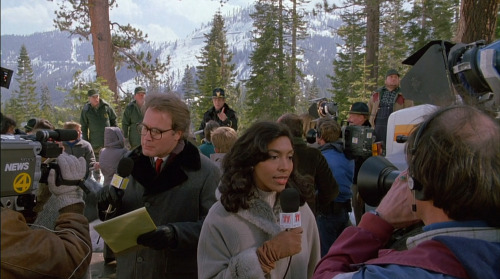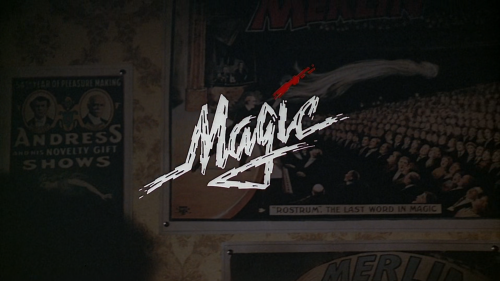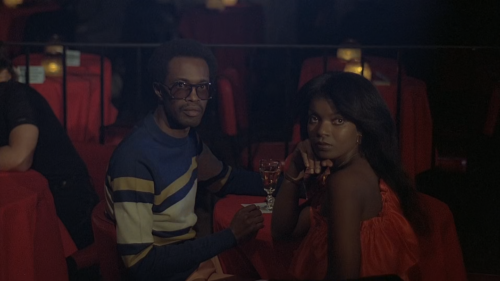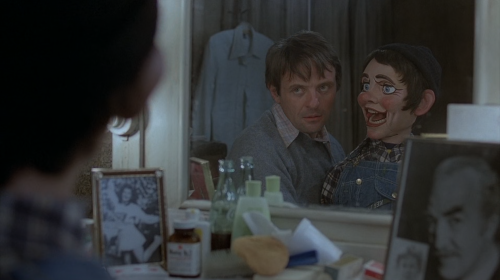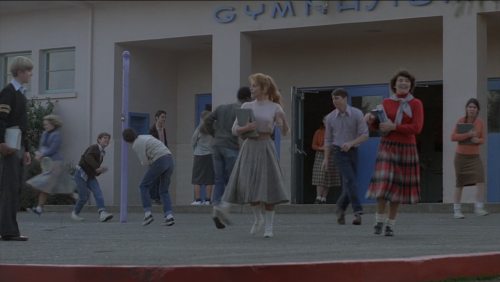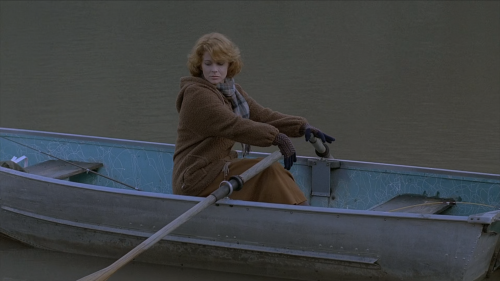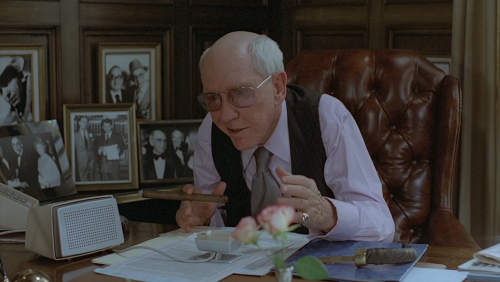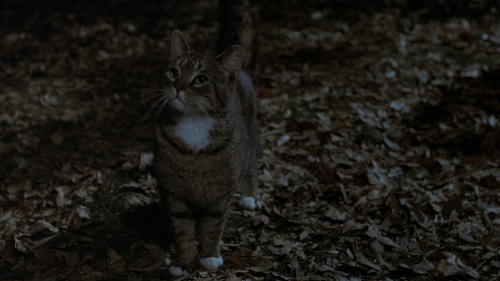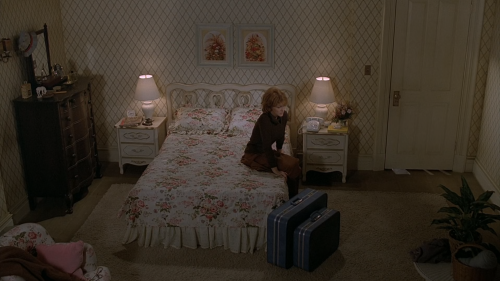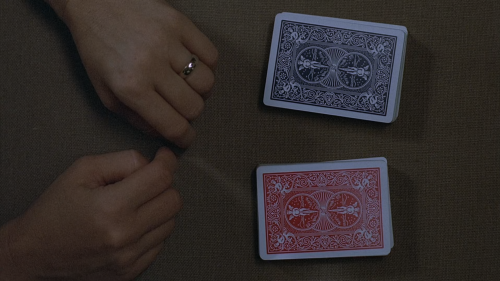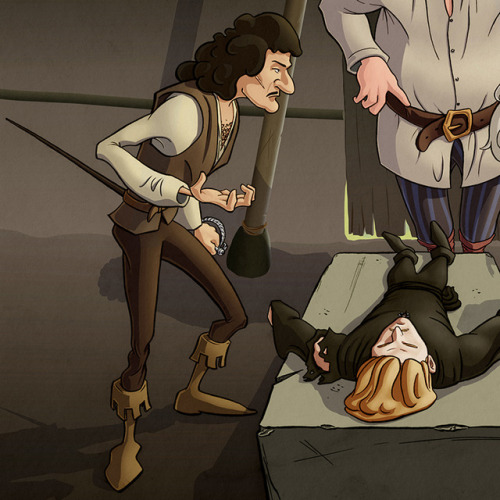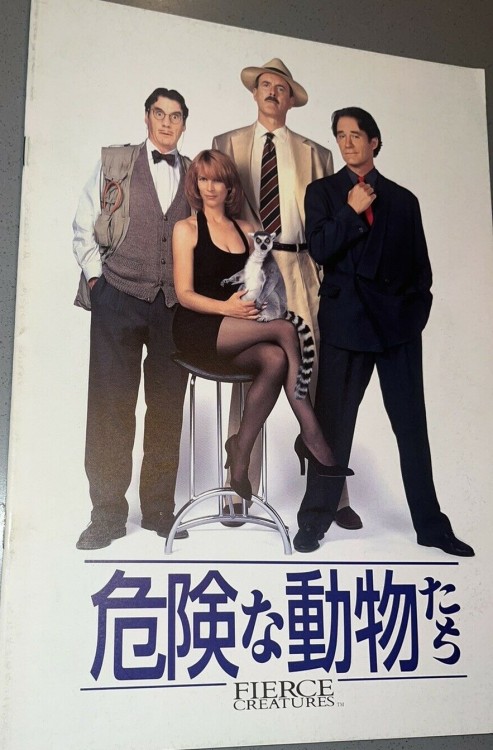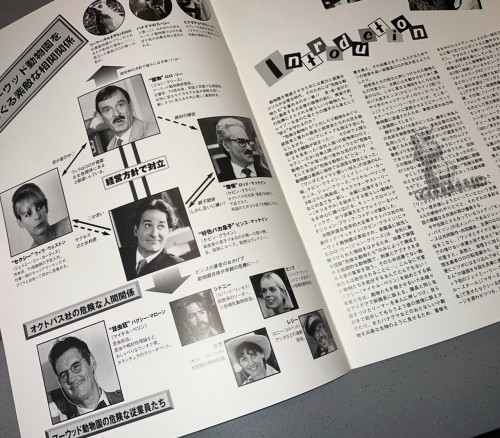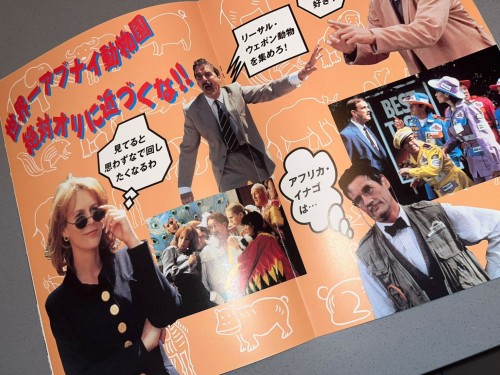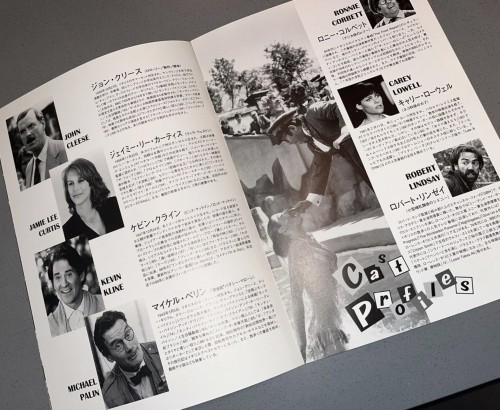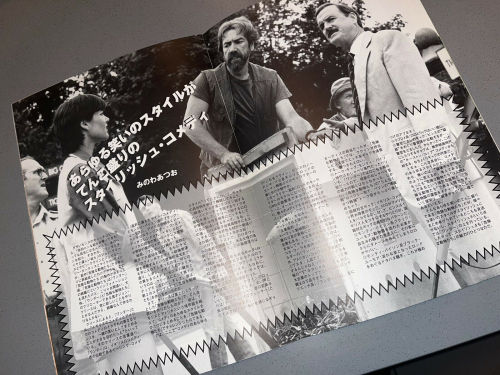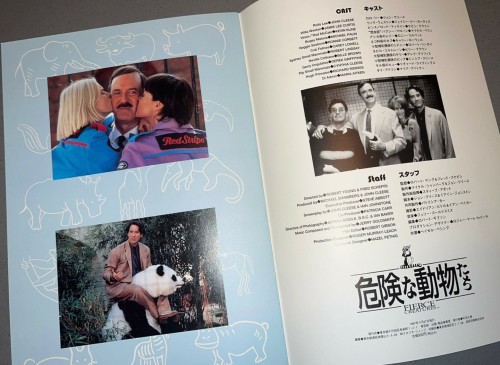#william goldman

William Goldman, the brilliant novelist turned screenwriter has crossed the distant sea. Good night dear sir. I thank you for sharing yourself with the world. It is a better place for it.
“Death cannot stop true love. All it can do is delay it for a while.” – The Princess Bride
“I’m your number one fan.”
This week on The Criterinot Podcast: Misery (1990) - Rob Reiner
Director and writer Craig Johnson (The Skeleton Twins, Special, Gossip Girl) joins me to talk about Kathy Bates’s introduction to the wider world in Rob Reiner and William Goldman’s adaptation of Stephen King’s Misery (1990).
Post link
William Goldman argues that the key to all story endings is to give the audience what it wants, but not the way it expects. A very provocative principle: First of all, what does the audience want? Many producers state without blinking that the audience wants a happy ending. They say this because up-ending films tend to make more money than down-ending films.
The reason for this is that a small percentage of the audience won’t go to any film that might give it an unpleasant experience. Generally their excuse is that they have enough tragedy in their lives. But if we were to look closely, we’d discover that they not only avoid negative emotions in movies, they avoid them in life. Such people think that happiness means never suffering, so they never feel anything deeply. The depth of our joy is in direct proportion to what we’ve suffered. Holocaust survivors, for example, don’t avoid dark films. They go because such stories resonate with their past and are deeply cathartic.
In fact, down-ending films are often huge commercial successes: DANGEROUS LIAISONS, eighty million dollars; THE WAR OF THE ROSES, one hundred fifty million; THE ENGLISH PATIENT, two hundred twenty-five million. No one can count THE GODFATHER, PART II’s money. For the vast majority doesn’t care if a film ends up or down. What the audience wants is emotional satisfaction a Climax that fulfills anticipation. How should THE GODFATHER, PART II end? Michael forgives Fredo, quits the mob, and moves to Boston with his family to sell insurance? The Climax of this magnificent film is truthful, beautiful, and very satisfying.
Who determines which particular emotion will satisfy an audience at the end of a film? The writer. From the way he tells his story from the beginning, he whispers to the audience: “Expect an up-ending” or “Expect a down-ending” or “Expect irony.” Having pledged a certain emotion, it’d be ruinous not to deliver. So we give the audience the experience we’ve promised, but not in the way it expects. This is what separates artist from amateur.
In Aristotle’s words, an ending must be both “inevitable and unexpected.” Inevitable in the sense that as the Inciting Incident occurs, everything and anything seems possible, but at Climax, as the audience looks back through the telling, it should seem that the path the telling took was the only path. Given the characters and their world as we’ve come to understand it, the Climax was inevitable and satisfying. But at the same time it must be unexpected, happening in a way the audience could not have anticipated.
Anyone can deliver a happy ending – just give the characters everything they want. Or a downer – just kill everybody. An artist gives us the emotion he’s promised…but with a rush of unexpected insight that he’s withheld to a Turning Point within the Climax itself. So that as the protagonist improvises his final effort, he may or may not achieve his desire, but the flood of insight that pours from the gap delivers the hoped – for emotion but in a way we could never have foreseen.
Source: McKee, Robert. Story: Substance, Structure, Style, and the Principles of Screenwriting. HarperCollins e-books, 2010: 309-310.

Libro:La Princesa prometida - William Goldman
Day 23
Reflections on: Magic(1978)
- On paper this movie should be great: written by William Goldman (who among many other things wrote The Princess Bride (1987)), directed by Richard Attenborough (“Welcome to Jurassic Park”), starring Anthony Hopkins, Ann-Margret, and Burgess Meredith. All these people are great, yet the movie is about a ventriloquist puppet named Fats, thus it is bad.
- The most unbelievable part of the movie is that Anthony Hopkins’ character, Corky, becomes famous with his ventriloquist act and that people think Fats is “cute” and hilarious! What universe does this take place in?!
- Ann-Margret is excellent as a lonely, middle aged former-cheerleader. Of course she plays her younger teen self in a flashback (see above) because she’s Ann-Margret and that is allowed.
- Burgess Meredith is perfect as a high-powered entertainment agent (who is somehow still working at age 80?!) with an endless supply of cigars in his blazer.
- Anthony Hopkins doing cheesy ventriloquist schtick is bizarre to watch! His “Fats” voice is weirdly high pitched and nasal. When Fats is “meddling” the score plays grating harmonica music. GET OUTTA HERE, FATS!
- This mostly takes place at some Catskillls lakeside cabins during the off-season. The costumes are almost entirely cozy knits in autumnal colours. It was worth watching almost just for the clothes!
- A terrible portrayal of… Dissociative Identity Disorder I guess?
- This could have been funny and scary but sadly it’s neither.
Post link

Buttercup: You mock my pain.
Man in Black: Life is pain, Highness. Anyone who says differently is selling something.
The Princess Bride (1987)

Westley / The princess bride



